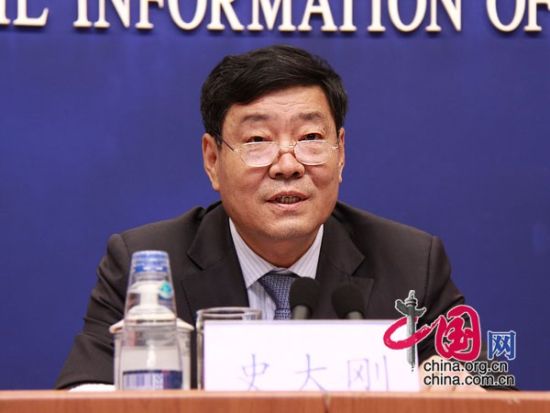Yesterday morning (26 June) another tragic and violent incident happened in Xinjiang, this time in Lukqun township, Pichan (Shanshan) county, close to Turpan (新疆吐鲁番鄯善县鲁克沁镇). 27 people died, according to official sources 17 people (including nine policmen) killed by local ”knife-wielding mobs” (all Uyghur), and then the police shot and killed ten people from these mobs. The PRC state news agency Xinhua only published this news in a brief English statement. Nothing in any Chinese language media inside the PRC. Interestingly the People’s Daily affiliate Global Times later came with a longer piece, quoting reporting by the Hong Kong newspaper Ta Kung Pao (大公報)! Usually only Xinhua reporting is allowed, most likely meaning that Ta Kung Pao, a ”Beijing-friendly” newspaper (claimed to be party funded), was used to show the exception to the rule.
It is notable that the word terrorism was not used in the first official reports. Global Times, however, added this, and this has been the theme in most similar incidents. In late April this year there was another clash in Maralbexi (Bachu 巴楚) outside Kashgar (喀什噶尔 or 喀什) where 21 were killed, 15 of them policemen. This was claimed by authorities as ”planning for terrorist attacks”. Notably, in all recent incidents of this kind the perpetrators have been using large knives, not explosives or guns. The authorities never seem to consider it to be ”merely” criminal groups, without any political or terrorist goals. The incident yesterday might actually be related to an incident in a neighbouring village 9 April, where a young Uyghur boy was brutally killed by a Han Chinese man. Revenge by devastated relatives, spurred on by longtime frustration and inability to control and change one’s own situation?

One should perhaps not speculate, but certainly one must condemn such acts of violence. With the propaganda situation in China facts are always distorted, sometimes to the degree that one doesn’t know what to say or think. A friend made me aware of a Reuters report saying ”Xinjiang minorities too busy dancing to make trouble”, apparently a comment made by Xinjiang vice governor Shi Dagang (史大刚) 28 May. The original Chinese reporting reveals even more of his peculiar comments. Shi Dagang also claimed that ”there is always a mutual respect between our Han cadres and locals of all nationalities, and they are all good friends” (我们的汉族干部和当地的各民族之间相互非常尊重、相互都是好朋友). I still remember clearly my first visit to Xinjiang in 1998 where one of my hosts, a local Uyghur government cadre, had a Han driver and several Han subordinates. They were all courteous towards him during work time, but apparently they had never met after work hours, and they lived in separate compounds far away from each other.
Governor Shi also claims that ”every time we are guests in ethnic minority homes, we are treated with good meat and wine, they sing and dance; ethnic minorities are very simple and kind in such matters, generous and passionately hospitable” (我们到少数民族家里作客,好肉好酒的招待,跳着舞唱着歌,少数民族这种情感非常淳朴、非常善良、非常热情、非常大方,真的是热情好客). Who would not do his best to entertain a visiting governor?
Stereotypes about dancing, singing, friendliness and hospitality are merely one of many ways of controlling non-majority culture in the PRC. It is not enough to cause violent clashes, but is one of the factors underlying the ever growing tensions. Next week is the 4th anniversary of the ”5 July incident” 2009, where almost 200 people were killed in Urumqi (乌鲁木齐). This year it happens to come just before Ramadan (斋月), which starts 9 July.


